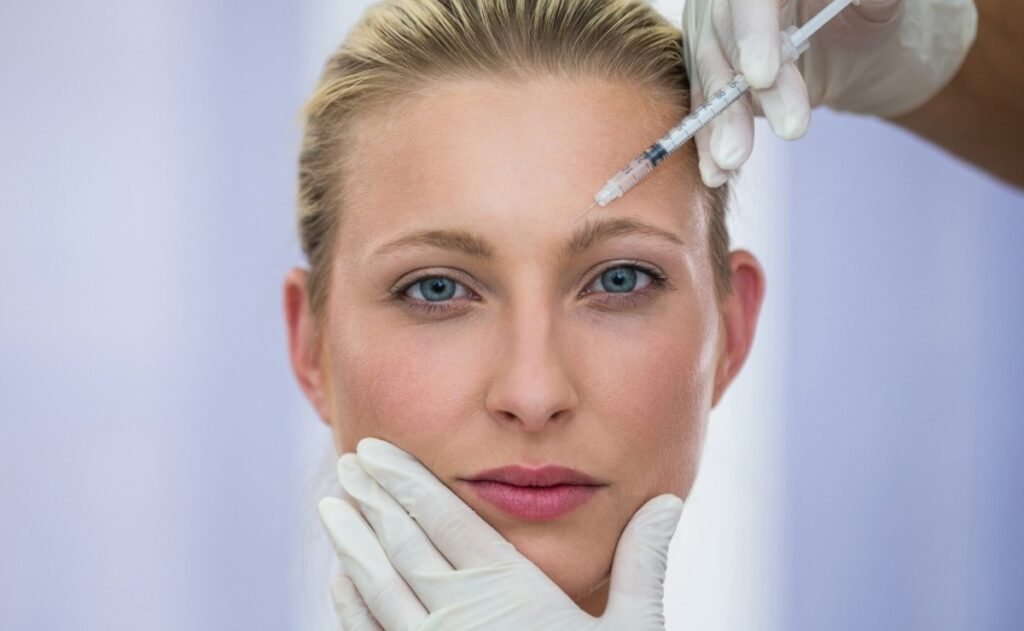Hyaluronic acid has established itself as one of the most valued ingredients in skin care, thanks to its extraordinary ability to hydrate, improve elasticity, and reduce signs of aging. This compound, naturally present in the body, is widely used in serums, creams, and beauty treatments for its proven effectiveness in maintaining healthy, glowing skin.
Hyaluronic acid is a molecule found naturally in tissues such as the skin, eyes, and joints. Its main property is water retention: it can store up to a thousand times its weight in this vital liquid, making it a high-performance moisturizer. However, over time, the natural production of this substance decreases, causing loss of volume, wrinkles, and skin dehydration.
This decrease has led to its inclusion in cosmetic formulas that help restore optimal hydration levels and combat the visible effects of aging.
Main benefits of hyaluronic acid on the skin
1. Intense and long-lasting hydration
Hyaluronic acid penetrates the deepest layers of the skin, providing continuous hydration that improves its texture, softness, and radiance.
2. Visible wrinkle reduction
By retaining water in the dermis, this active ingredient helps fill in expression lines and fine wrinkles, resulting in smoother, rejuvenated skin.
3. Improved elasticity and firmness
Its moisturizing action promotes skin elasticity, which helps prevent sagging and maintain a defined facial contour.
4. Regeneration and healing
In addition to its aesthetic benefits, hyaluronic acid stimulates cell regeneration, making it useful for treating minor wounds, scars, and burns.
When and how to incorporate hyaluronic acid into your facial routine?
This ingredient is safe for most skin types and can be used both day and night. For best results, it’s recommended to apply it to clean, slightly damp skin, followed by a moisturizer to seal the product in.
- Morning:
Protects skin from external aggressors such as pollution and solar radiation. Can be applied before sunscreen and after cleansing. - Night:
During your night’s rest, hyaluronic acid supports cell regeneration and strengthens the skin barrier. Use it before your usual moisturizer, after cleansing your face.
Is hyaluronic acid safe to use?
In general, hyaluronic acid is well tolerated even by sensitive skin. It doesn’t usually cause adverse reactions, although it’s recommended to perform an allergy test before first use. It can be combined with active ingredients such as vitamin C and retinoids to enhance its effectiveness, but it’s always advisable to consult a dermatologist if you have concerns about compatibility with other products or specific dermatological conditions.

